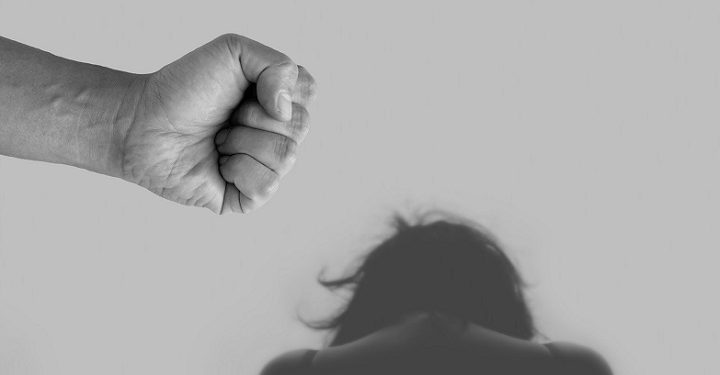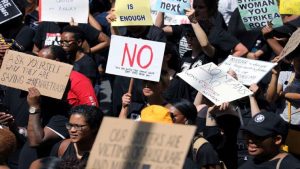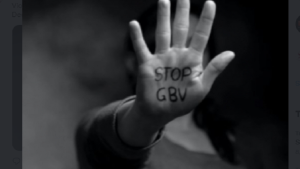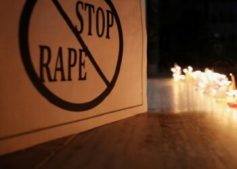The Nigerian government has set up policies and agencies to combat domestic violence. During the COVID-19 pandemic, however, an increase was reported. UN Women put the figure at 48% of Nigerian women being exposed to domestic violence directly or indirectly. Forms of violence include physical abuse, verbal abuse, denial of basic needs, denial of communication, and sexual harassment.
One of the questions that tend to arise around cases of domestic violence is why some victims remain in abusive relationships when they could leave.
The answers are not simple. In our study, we focused on women who reported to sexual assault centres in Nigeria. We hoped to identify the patterns of associations and links between being victimised and staying victimised.
The study explored the possible role of traumatic bonding and the influence of empathy. These are concepts in the field of psychology.
Traumatic bonding is a strong emotional attachment between an abused person and his or her abuser. It’s a coping mechanism which develops through repeated cycles of abuse and “respite from abuse”. Empathy is the ability to put yourself in another person’s position and appreciate what they might be feeling.
We found that traumatic bonding was more common in women in our study who had a lot of empathy.
This suggests that communities, friends and families should be on the lookout when women begin to explain away their partner’s violent actions. Knowing that empathic people are more vulnerable in situations of abuse helps those who care for them to intervene before it is too late. It also offers insights into how policies regarding domestic violence may be framed.
Research findings
We collected data from 345 women who reported at two domestic violence centres in two states in Nigeria over a period of six months (September 2019 to February 2020). After approval for the study was obtained, we visited the centres on random days and informed women about our study. Those who gave informed consent were then given the questionnaires to respond to.
Not all women reporting at the centre participated in our study. However, among those who participated, we found symptoms of traumatic bonding such as:
- “Core Stockholm syndrome” – explaining away and minimising the abuser’s behaviour, self-blame
- love dependence – believing that your survival depends on someone else’s love
- psychological damage – depression, low self-esteem, loss of sense of self.
As evidence for the presence of traumatic bonding, all the women in our study were still in their abusive relationships.
Disturbingly, we also found that women who developed signs of traumatic bonding had elevated levels of empathy. Across the three domains – Stockholm syndrome, love dependence and psychological damage – empathy served as a pathway through which intimate partner violence translated into the decision to stay victimised. Empathic women chose to remain in their abusive relationships.
Empathy is usually a positive trait in a person. But abusive partners take advantage of the empathic traits and concern of their victims. The more empathetic victims are, the more likely it is they will stay victimised.
Our study is not the first to suggest that empathy can have drawbacks. Others have shown it can make people vulnerable to bad experiences. But is empathy therefore a trait to be abolished in intimate relationships? How do victims then break free without losing something of value?
Breaking free
The collaborative actions of individuals, communities and governments are crucial in helping victims break free from traumatic bonding. Victims who remain in abusive relationships do not do so because they want to, but because they are traumatically bonded to the abuser. They lack the power and psychological will to break free.
We recommend that special intervention approaches be put in place that involve collective community action in addressing abusive relationships. Whistle blowing has worked in other sectors to expose crime and we recommend its use in exposing domestic violence as victims may be unable to help themselves.
The proper authorities must be equipped to handle such cases within the provisions of the law.![]()
Steven Kator Iorfa, Post Graduate Student of Social and Personality Psychology, University of Nigeria; James Edem Effiong, Senior Lecturer, The University of Uyo, and Peace N. Ibeagha, Professor of Developmental Psychology, University of Nigeria
This article is republished from The Conversation under a Creative Commons license. Read the original article.






